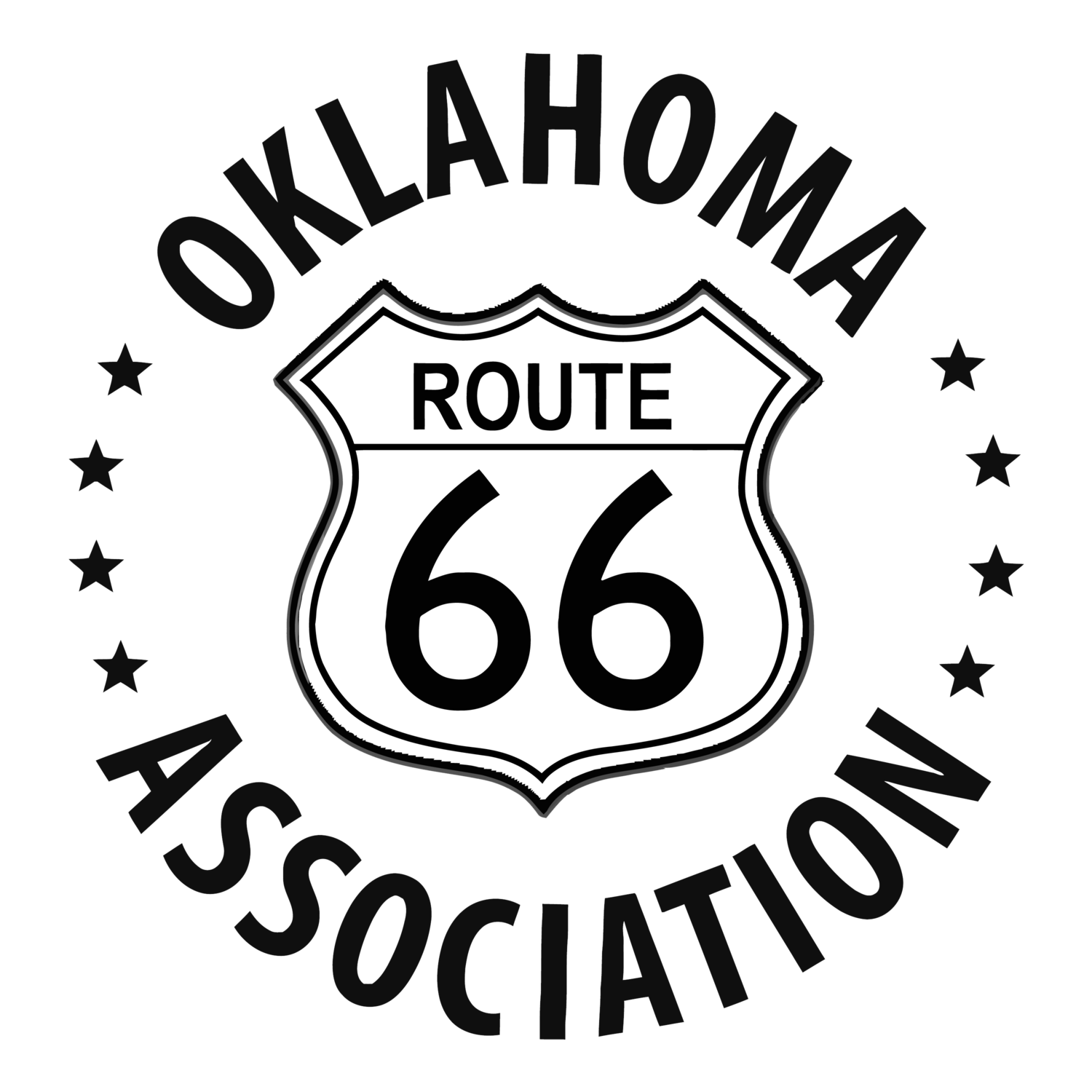Threatt Filling Station and Family Farm Named One of Nation’s 11 Most Endangered Historic Places
Today, the National Trust for Historic Preservation named the Threatt Filling Station and Family Farm to the 2021 list of America’s 11-Most Endangered Historic Places. The farm and station are located on historic Route 66.
“The Threatt Filling Station and Family Farm represents the power of Black entrepreneurship and its ability to create a safe haven for Black travelers on this iconic American roadway,” noted Katherine Malone-France, chief preservation officer for the National Trust for Historic Preservation. “This place, still proudly owned by the Threatt family, underscores the fact that carefree travel along Route 66 was not a reality for Black Americans, and it reinforces the truth that many people of color face danger while traveling still today. As we commemorate the 100th anniversary of the Tulsa Race Massacre and look towards the centennial of Route 66 in 2026, we have the opportunity to honor and preserve this place that has long served as a refuge and safe haven, and re-activate it to carry its legacies forward.”
Located outside Luther Oklahoma, the Threatt farm was homesteaded by family patriarch, Allen Threatt, in the early 1900s. The entrepreneurial Threatt family sold produce and quarried limestone from its 160-acre property, and over time expanded their offerings to include a filling station (built circa 1915), a ball field where Negro Baseball Leagues competed, a café, an outdoor stage, and a bar. The filling station was the only known Black-owned and operated gas station along Route 66 during the Jim Crow era, making it a safe haven for Black travelers. The farm also reportedly provided refuge to Blacks displaced by the 1921 Tulsa Race Massacre.
Through the Threatt Family Foundation, the Threatt family envisions revitalizing the farm and filling station in time for the 2026 Centennial of Route 66. Major work is needed to rehabilitate the property, however. Per an Historic Structures Report conducted in 2020, over $200,000 in needed repairs and upgrades were identified for the filling station alone, which has been vacant for several decades.
The Threatt Family Farm exemplifies a multigenerational Black family legacy that continues to fight discriminatory policies for Black landowners. It also honors Black entrepreneurship on Route 66, an important and under-represented part of the story of the iconic highway. Through its preservation and restoration plans for the property, the Threatt Family Foundation envisions starting off Route 66’s second century with a site that presents a more representative narrative of the legendary “Mother Road.”
Upon learning of the designation, family spokesperson, Dr. Vita Threatt Pickrum noted, “The Threatt family is grateful to the National Trust for Historic Preservation for including the Threatt Filling Station and Threatt Family Farm on its list of the 11-Most Endangered Places in America. We hope this recognition assists in preserving and restoring the property. The farm and filling station can remind us all of a time that is too easily forgotten, but should be remembered as an example of perseverance under the hardest of times - a model for us today to work hard, help others, and believe in achievement against the odds.”
Route 66 is the most culturally celebrated and internationally recognized stretch of highway in America, and it must be preserved for generations to come. The Threatt Family Farm and Filling Station are part of the road’s collective American heritage. Unique in their time, and even more unique now, the farm’s buildings and cultural landscape present an opportunity to tell an under told story from which future generations can benefit.
The full list of sites selected this year can be found at: https://savingplaces.org/stories/11-most-endangered-historic-places-2021


